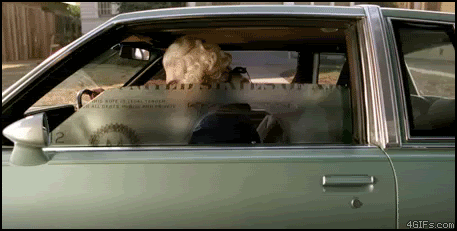
The political positions of Ron Paul, U.S. presidential candidate, have been called conservative, Constitutionalist, and libertarian. Paul's nickname "Dr. No" reflects both his medical degree and his insistence on "never vot[ing] for legislation unless the proposed measure is expressly authorized by the Constitution."Paul adheres to the Austrian school of economics and libertarian criticism of fractional-reserve banking, opposing fiat increases to [non-backed] money in circulation;[8] He has authored six books on monetary subjects, and has pictures of classical liberal economists Friedrich Hayek, Murray Rothbard, and Ludwig von Mises hanging on his office wall.
Nonintervention
Paul calls for a foreign policy of nonintervention.[42] This policy avoids entangling alliances with other nations, in the tradition of Washington, Jefferson, and Madison,[43] in order to avoid being drawn into wars not related to defense. He believes that war must be fought only to protect citizens, it must be declared by the U.S. Congress, and it must be concluded when the victory is complete as planned: "The American public deserves clear goals and a definite exit strategy in Iraq."[44] Paul advocates bringing troops home from U.S. military bases in Korea, Japan, and Europe among others.[45] He denies being an isolationist: he advocates "conducting open trade, travel, communication, and diplomacy with other nations".[46]National Journal rated Paul's foreign policy as 20% conservative in 2006 (28% in 2005).[47]
Secure borders and legal immigration
Paul believes that the government, neglecting a Constitutional responsibility to protect its borders, has concentrated instead on unconstitutionally policing foreign countries.[71] During the Cold War, he supported Reagan's Strategic Defense Initiative,[72] intended to replace the "strategic offense" doctrine of mutual assured destruction with strategic defense.
Paul's immigration positions sometimes differ with libertarian think tanks and the official platform of the U.S. Libertarian Party.[73] He believes illegal immigrants take a toll on welfare and Social Security and would end such benefits, concerned that uncontrolled immigration makes the U.S. a magnet for illegal immigrants, increases welfare payments, and exacerbates the strain on an already highly unbalanced federal budget.[15] Paul's Congressional voting record earned a lifetime grade of B and a recent grade of B+ from Americans for Better Immigration.[74]
Lower taxes and smaller government
Paul believes the size of federal government must be decreased substantially. He supports the abolition of the Internal Revenue Service, most Cabinet departments, and the Federal Reserve.[89] Paul's campaign slogan for 2004 was "The Taxpayers' Best Friend!".[90] He would completely eliminate the income tax by shrinking the size and scope of government to what he considers its Constitutional limits, noting that he has never voted to approve an unbalanced budget; he has observed that even scaling back spending to 2000 levels eliminates the need for the 42% of the budget accounted for by individual income tax receipts.[19] He has asserted that Congress had no power to impose a direct income tax and supports the repeal of the sixteenth amendment.[91] Paul has signed a pledge not to raise taxes or create new taxes, given by Americans for Tax Freedom.[18] Paul has also been an advocate of employee-owned corporations (such as employee stock ownership plans).[92] In 1999, he co-sponsored The Employee Ownership Act of 1999, which would have created a new type of corporation (the employee-owned-and-controlled corporation) that would have been exempt from most federal income taxes.
Freedom of the Internet
In 2006, a "Technology voter guide" by CNET awarded Paul a score of 80%, the highest score out of both houses of Congress. Paul has been criticized for voting against legislation to help catch online child predators, one of the votes used in the CNET guide. In response to critics, Paul said, "I have a personal belief that the responsibility of raising kids, educating kids and training kids is up to the parents and not the state. Once the state gets involved, it becomes too arbitrary." He also believed that the proposed law was unconstitutional.[131]
Right to keep and bear arms
The only 2008 presidential candidate to earn Gun Owners of America's A+ rating, Paul has authored and sponsored pro-Second Amendment legislation in Congress. He has also fought for the right of pilots to be armed.







 Reply With Quote
Reply With Quote





 politics isnt my thing, all i know is since bush came into office a bunch of sh!t been happenin to the country.. it probably just because the gas prices that pisses me off lol
politics isnt my thing, all i know is since bush came into office a bunch of sh!t been happenin to the country.. it probably just because the gas prices that pisses me off lol 









